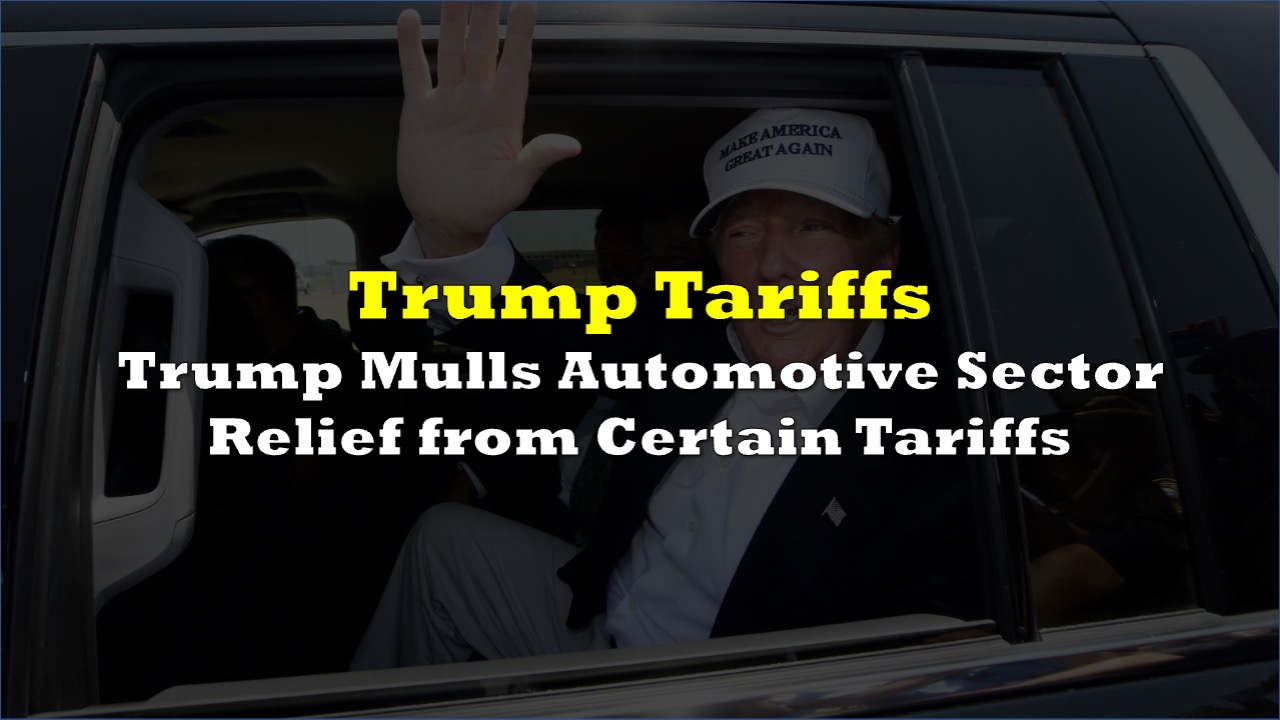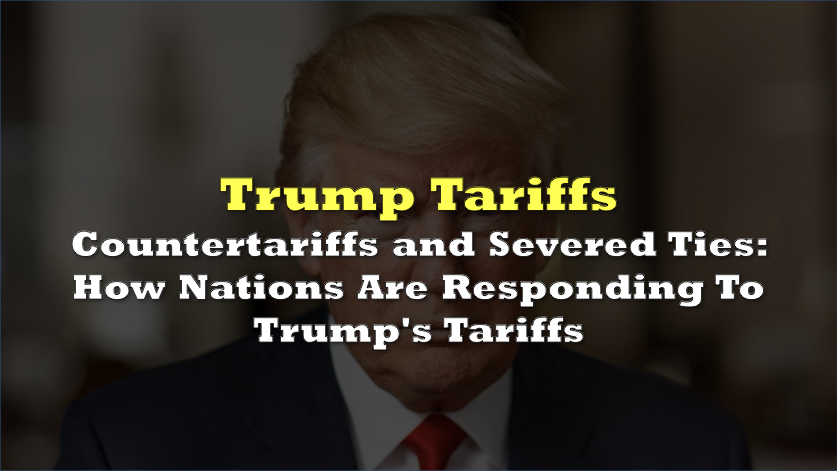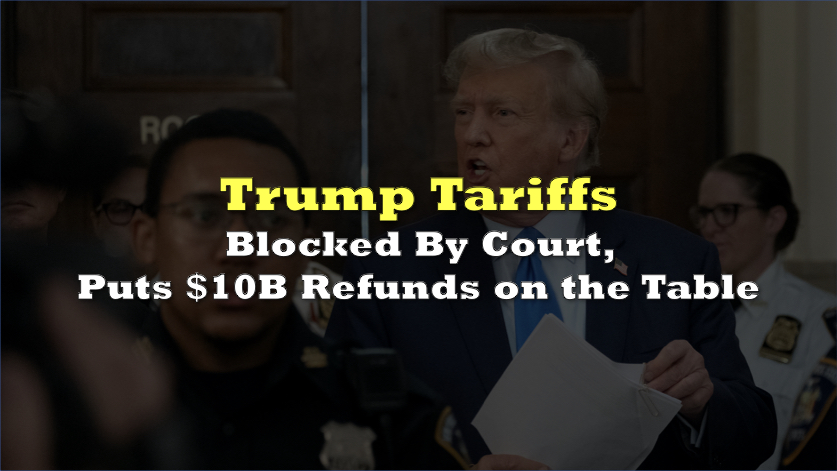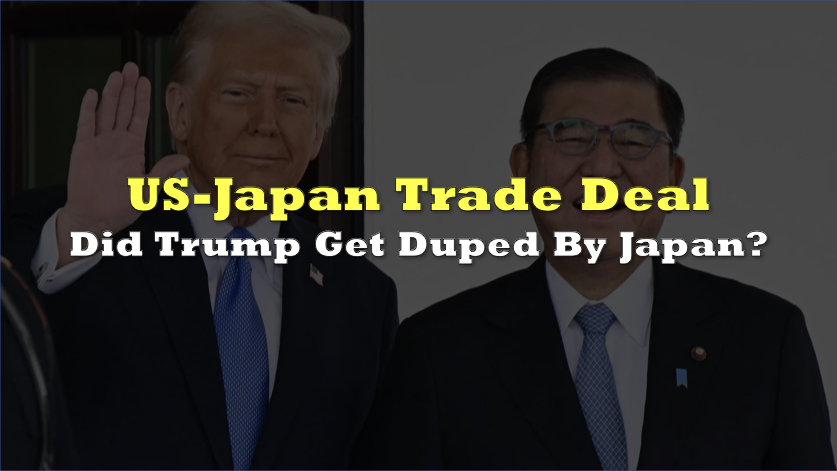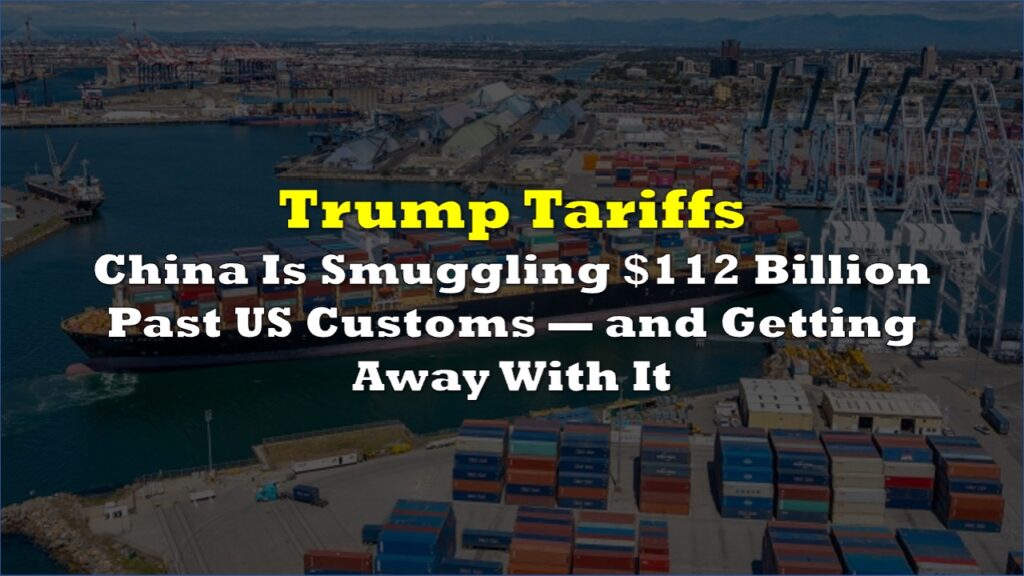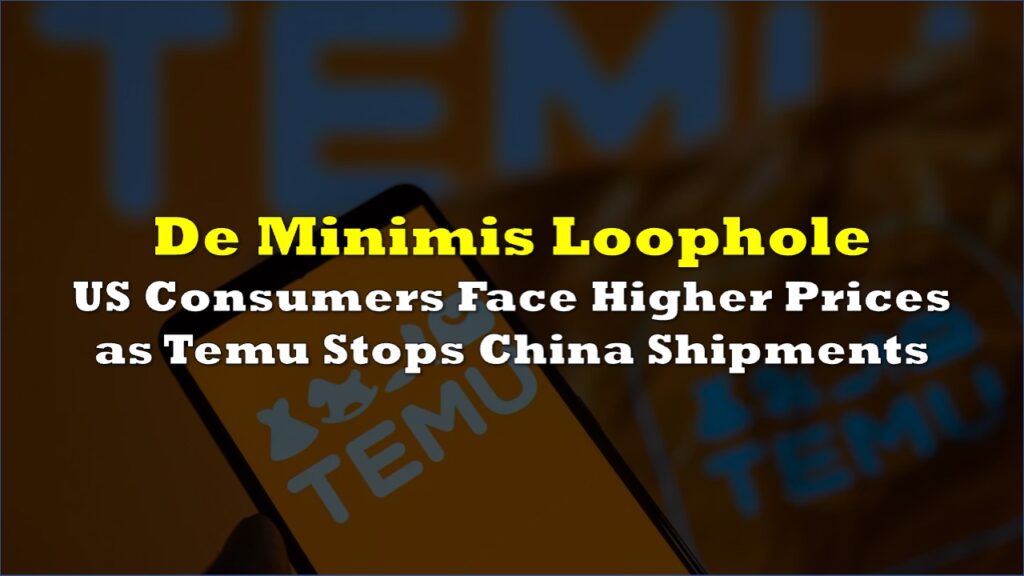The White House has signaled that President Donald Trump is open to providing the automotive sector with relief from specific tariffs, following weeks of industry pressure.
Multiple administration officials confirmed to CNBC on Wednesday that exemptions are under consideration that would shield car manufacturers from portions of Trump’s broader trade measures.
The potential relief would specifically target auto parts imported from China currently subject to anti-fentanyl tariffs, as well as from levies on steel and aluminum, according to sources familiar with the discussions.
Related: Trump Backtracks on China Tariffs After Economic Pressure Mounts
The Art of the Fold pic.twitter.com/ZOXaSEGY7Z
— KKGB Kitty (@INArteCarloDoss) April 23, 2025
Industry executives refer to this approach as duty “layer reduction,” preventing the cumulative effect of multiple tariffs on the same products.
These proposed changes would not affect the forthcoming 25% duty on imported vehicles nor the separate 25% fee on imported components scheduled for implementation next week, a Financial Times report said.
Related: ‘More of an Instinct’: Trump Explains How He’ll Decide Which Companies Get Tariff Exemptions
In an unprecedented move, the nation’s six leading automotive trade organizations have formed a coalition to advocate against the impending parts tariffs, warning of cascading effects throughout the manufacturing sector.
"Most auto suppliers are not capitalized for an abrupt #tariff induced disruption. Many are already in distress and will face production stoppages, layoffs and bankruptcy…"@MikeWayland @CNBC https://t.co/cSPmNTYXef
— Alliance for Automotive Innovation (@autosinnovate) April 23, 2025
Manufacturing representatives emphasized that many parts suppliers operate on thin margins and face significant challenges absorbing additional costs.
Related: Musk Says Trump’s Auto Tariffs Will Hurt Tesla
Trump to Exempt Carmakers From Some US Tariffs -FT$F $GM $STLA all moving higher by 2-3% after hours as investors try to understand the specifics. https://t.co/cJ9dEIuVIQ
— Stocktwits (@Stocktwits) April 23, 2025
In separate remarks Wednesday, Trump indicated the existing 25% duty on Canadian vehicle imports might increase, stating his administration’s preference for domestic automobile production.
TRUMP: 25% ON CARS ON CANADA COULD GO UP
— *Walter Bloomberg (@DeItaone) April 23, 2025
Information for this story was found via Bloomberg, and the sources and companies mentioned. The author has no securities or affiliations related to the organizations discussed. Not a recommendation to buy or sell. Always do additional research and consult a professional before purchasing a security. The author holds no licenses.

